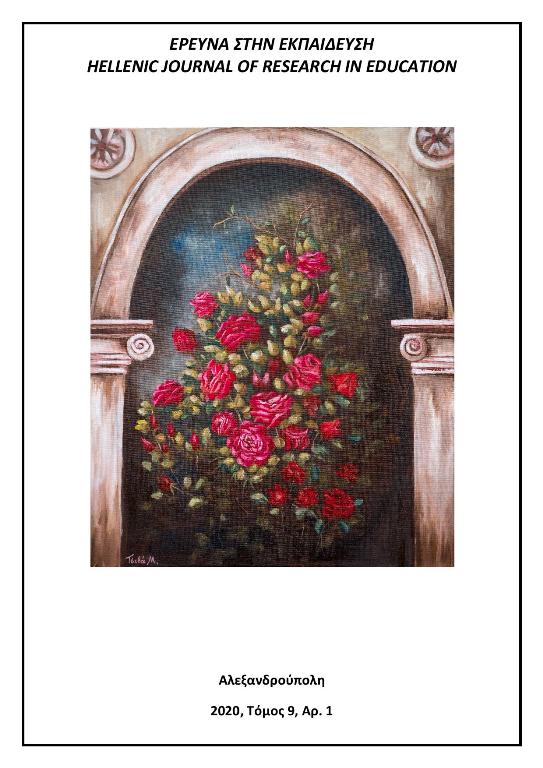The views of educators who work in Reception Structures for Refugee Children Education (RRES) towards refugee children's education

Abstract
The purpose of this paper is to examine the views of teachers working in Reception Structures for Refugee Children Education (RRES) towards the education of refugee children. A qualitative methodological approach was chosen, in which a semi-structured interview for the collection of research data was used. The participants of the survey were 12 teachers from the fields of PE70-Teachers, PE60-Kindergarten Teachers and PE02-Philologists who had worked during the school year 2018-19 in RRES pertaining to schools of the Primary Education Departments of the following regions: Central Macedonia, East Macedonia, Attica and Central Greece (Sterea Ellada). The aim of the present paper is to examine teachers’ explicit and inexplicit beliefs towards refugee students’ bilingualism and towards the issues of diversity, use of their heritage language etc.
Article Details
- How to Cite
-
Μαλιγκούδη Χ., & Τσαουσίδης Α. (2020). The views of educators who work in Reception Structures for Refugee Children Education (RRES) towards refugee children’s education. Hellenic Journal of Research in Education, 9(1), 22–34. https://doi.org/10.12681/hjre.22066
- Issue
- Vol. 9 No. 1 (2020)
- Section
- Articles

This work is licensed under a Creative Commons Attribution-NonCommercial-ShareAlike 4.0 International License.
Authors who publish with this journal agree to the following terms:
- Authors retain copyright and grant the journal right of first publication with the work simultaneously licensed under a CC-BY-NC-SA that allows others to share the work with an acknowledgement of the work's authorship and initial publication in this journal.
- Authors are able to enter into separate, additional contractual arrangements for the non-exclusive distribution of the journal's published version of the work (e.g. post it to an institutional repository or publish it in a book), with an acknowledgement of its initial publication in this journal.
- Authors are permitted and encouraged to post their work online (preferably in institutional repositories or on their website) prior to and during the submission process, as it can lead to productive exchanges, as well as earlier and greater citation of published work (See The Effect of Open Access).


